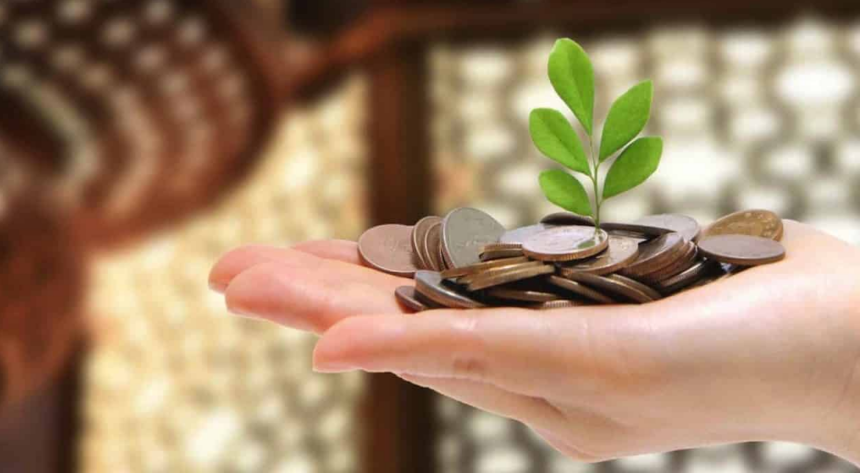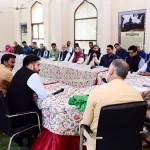Islam offers a distinct way of living life and emphasizes every aspect — social, religious, economic, cultural, and behavioural. Apart from preaching religious harmony and brotherhood, Islam values humanity and advocates for economic parity in society. Islam encourages the masses to elevate their life standard and help others in doing that to bridge the poor-rich gap. To attain this objective, it introduced the concepts of ‘Zakat’ and ‘Sadaqah’. Zakat is a form of obligatory charity that involves paying a specific amount of wealth for charitable purposes, particularly to the destitute enabling them to satisfy their needs and live a life of comfort. Sadaqah is, however, a voluntary charity in which any amount can be given for the same cause. It is a highly virtuous act but is not binding on believers.
During Ramadan, Muslims undergo divine transformations with increased enthusiasm for praying, empathy, compassion, and doing good deeds. People exhibit a rare verve for helping others. They engage in philanthropy and show interest in paying Zakat and giving Sadqah. Cheapskates, usually unwilling to give any money, also exercise munificence this month. With this attitudinal shift, the downtrodden, orphans, and people from marginalized sections pin high hopes on this month. Ramadan holds great significance for them as they manage to procure maximum financial relief. Therefore this month, markets, public places, and streets leading to mosques are jam-packed with people begging out of dire need.
But unfortunately, the generosity demonstrated by people drives more and more people to beg. Some people use this largesse to their advantage and disguise themselves as vulnerable ones. Young and healthy, who can make two ends meet prefer begging over working as they consider it the easiest way to make money. Women also join this and by pretence exploit donors. Some families with good sources of economy put all their members into this job. Without caring about the education of their wards, they field them to beg. Some people indulge in begging in a very dignified way. They have discovered decent ways to beg, which don’t affect their honour.
We can see people collecting alms with receipts in the name of orphanages, madrasas, etc. that, in truth, don’t exist most of the times. Some so-called ‘respectable beggars’ plunder people by posturing as volunteers and social activists volunteering for the disadvantaged who exist only by name. With the advent of Ramadan, professional beggars emigrate from different cities of India to Kashmir, outnumbering native beggars. Wherever you go, you encounter them. No road, no street, and no area could be seen without them, mostly engaged in faking public.
Most donors believe that intention matters more than who we aid but this way, genuine paupers get ignored. Such people need to reconsider their opinion because seeking God’s pleasure is not the only motive of charity but it aims at improving the economic conditions of the marginalized. Handing out mindlessly, and helping indolent, thieves and delusive people masquerading as hapless is not a good deed. It is rather equivalent to crime as we cooperate with them to deceive others and deter them from working. The question is what to do at this point and the answer is simple. Before all else, we ought to compete in acts of grace as is mentioned in the Quran (5:48). We must recognize the spirit of charity and its value in our religion. And then looking for the best possible ways of doing it out is all-important. As has been observed, the preferable option to make effective use of it is to create local ‘Bait-ul-Maals’ in our respective areas.
Bait-ul-Maal — a system of pooling charity from well-heeled Muslims and giving it to those in want, provides a proper mechanism of distributing collected charity among deserving families as we better know the condition of families in our localities. Besides satisfying their need, it would also restrain these families from grovelling to others and would be critical in curbing the growing begging culture. Not to mention, whenever any person approaches you, don’t give away your money unless you are sure that it will go to the right person.
While donating to orphanages and other institutes, confirm their validity and credibility. If they exist in real, verify what role they are playing. Many credible institutes are operating in our valley, which are undoubtedly working tirelessly for the welfare of people, so it is better to support and empower them. Thus before donating, we need to think so that our donations would find better utility and essentially reach those who need it the most; otherwise, our contribution may lose its actual purpose.
(Author is a columnist and can be mailed at: [email protected])








